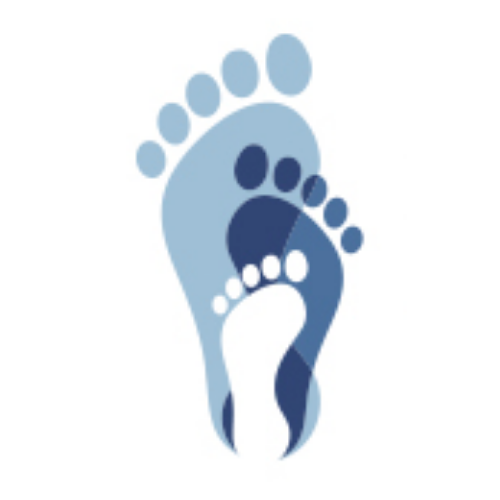Torquay Podiatrist, Max Stebnyckyj talks….socks for marathon running
Podiatrist's Pick: The Crucial Role of Running Socks in Marathon Training
As podiatrists, We have witnessed firsthand the impact of proper footwear on runners' foot health during marathon training and marathon days. While athletes focus on finding the right running shoes, they often overlook the importance of running socks. These seemingly simple pieces of fabric play a vital role in preventing foot-related issues during long-distance running. In this blog, we will delve into the podiatry perspective on the significance of running socks in marathon training and why choosing the right pair can make all the difference.
Blisters and chafing prevention
Marathon training involves repetitive motion, which can lead to friction between the skin and shoes, causing blisters and painful chafing. Running socks act as an essential barrier to reduce friction and protect your feet from these common issues.
Look for moisture wicking socks with seamless construction to minimize rubbing and irritation. Avoid cotton socks, as they retain moisture and increase the likelihood of blisters. Instead, opt for synthetic materials like polyester or nylon to keep your feet dry and comfortable during your training.
Moisture management and fungal infection prevention
Sweaty feet are a common occurrence during marathon training, especially on longer runs. Excess moisture can lead to fungal infections like athlete's foot, which can significantly hinder your progress.
Investing in moisture wicking running socks allows for efficient sweat evaporation, keeping your feet dry and reducing the risk of fungal infections. By maintaining a dry and hygienic environment, you can focus on your training without discomfort or worries about potential infections.
Arch support and shock absorption
The strain placed on your feet during marathon training can be immense. Proper arch support and cushioning are essential to minimize the impact and reduce the risk of injuries.
Look for running socks with targeted cushioning around the heel and forefoot. Some socks even have built-in arch support to alleviate pressure on the plantar fascia, a common source of foot pain for runners. Well-supported feet can help maintain optimal running form and reduce the likelihood of overuse injuries.
Temperature regulation
Marathons often take place in diverse weather conditions. Proper temperature regulation for your feet is essential for comfort and performance.
In colder weather, thermal running socks can keep your feet warm and prevent numbness. During warmer conditions, opt for breathable and lightweight socks to avoid overheating. By adapting your sock choice to the weather, you can ensure optimal foot comfort throughout your marathon training.
Improving performance and preventing injuries
As a podiatrist, I have seen how the comfort and support offered by high-quality running socks can significantly impact runners' performance during marathon training. Well-supported feet experience less discomfort and fatigue, allowing you to maintain better running form for longer durations.
Moreover, the prevention of blisters, chafing, and fungal infections allows you to focus solely on your training without being hindered by foot pain. By avoiding these issues, you reduce the risk of developing secondary injuries caused by altered running mechanics.
As a podiatrist, I cannot overstate the importance of proper foot care during marathon training. While choosing the right pair of running shoes is vital, selecting the appropriate running socks is equally crucial. Blisters, chafing, fungal infections, and foot discomfort can all be prevented by investing in moisture-wicking, cushioned, and well-fitted socks.
By prioritizing foot health and considering the podiatrist's perspective, you can ensure a more enjoyable and injury-free marathon training experience. Especially as the Melbourne marathon is fast approaching. Remember, your feet carry you to the finish line, so take care of them with the right pair of running socks. Happy running!
Max

